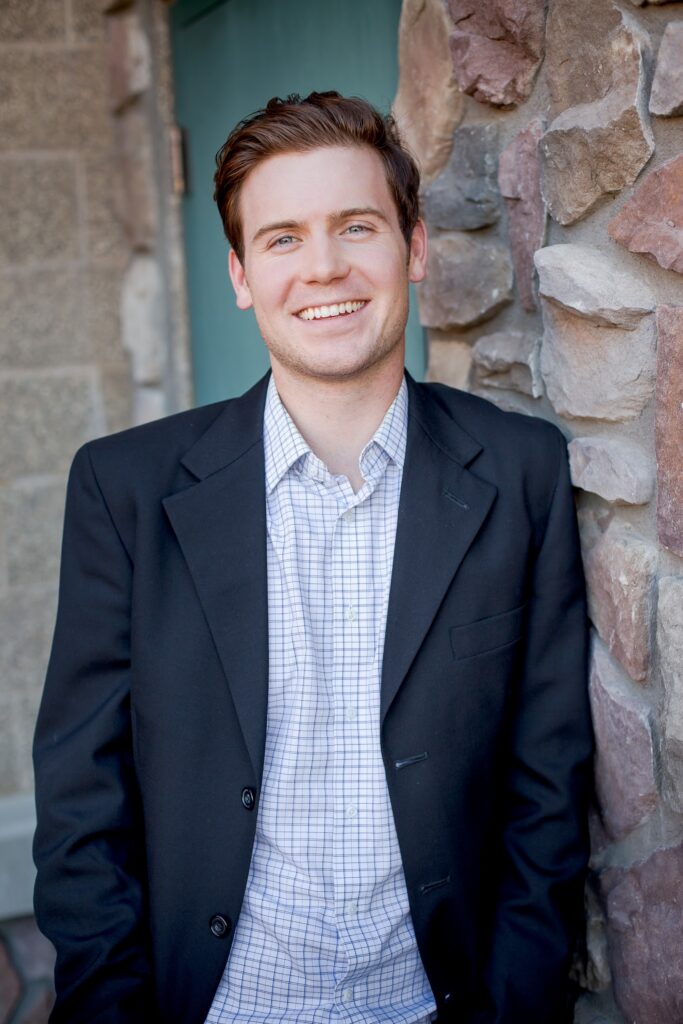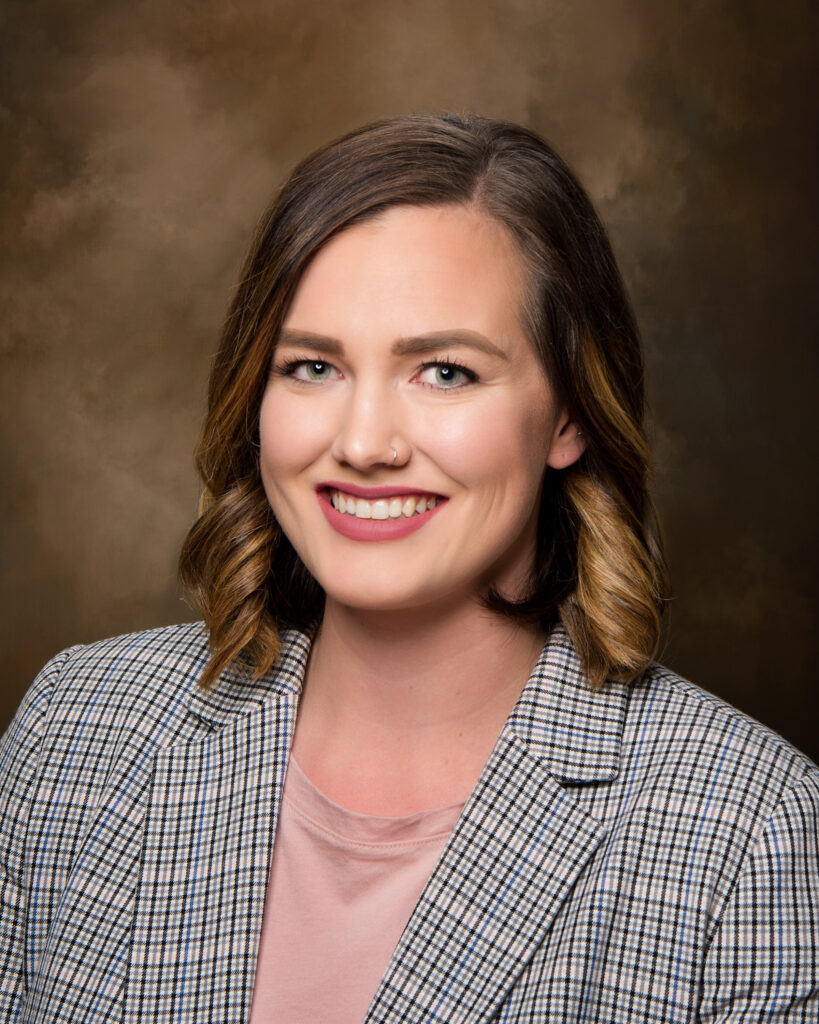NAMI is here to help us address our community’s mental health issues
One of the great challenges and opportunities facing our communities is how we can constructively address our mental health challenges. We are fortunate that Chelan and Douglas counties have a chapter of the National Alliance on Mental Illness (NAMI) that is providing training and support groups for those with mental illness and their families.

During Mental Health Awareness Week, I spoke with two young, energetic and passionate board members of NAMI, accountant Brian Daines and Kaitlin Quirk of the Action Health Partners (formerly Community Choice). We talked about how mental health issues are stigmatized in our valley, even though lesser forms of mental health like anxiety and depression have become commonplace in households across the societal spectrum.
The good news is that most people are able to effectively manage these issues with medication, counseling and other support. But the stigma attached to mental illness challenges is a huge barrier to people getting help. Destigmatizing mental illness is a core mission of NAMI.
Mental health issues show up in all aspects of society and countless thousands of people in our midst are successfully addressing these issues.
When mental illness is combined with homelessness or addiction issues, as is sometimes the case, it greatly complicates the work of social service agencies to get them the help they need. Because of our lack of support for those with mental illness, far too many folks end up behind bars. Law enforcement struggles to cope as well as families
For Daines, stepping onto the board was a way to do something meaningful for the community after—tragically—his brother Jack, who had been dealing with a mental health condition—psychosis susceptibility syndrome—died by suicide. His brother’s initial diagnosis and struggles with the condition led his family to NAMI to discover its Family to Family Support Groups. The groups provided the opportunity to share experiences in a safe setting, and to gain hope and develop supportive relationships.

Quirk has been keenly interested in mental health issues and sees the opportunity to serve as a NAMI board member as a way to get involved and make a difference.
The challenge with mental health issues is that many people “don’t want to acknowledge it because it feels like you’re alone, when in actuality something like 47 million Americans suffer from some form of it,” said Quirk.
NAMI provides crucial services to support those with mental health issues through peer-to-peer support groups. It also convenes support groups for families to provide information and support. The classes they provide using local experts give people an opportunity to learning about the latest developments in treating these issues.
These services are complementary to those provided by mental health professionals and they address the tremendous sense of loneliness and isolation that can come with a serious mental illness diagnosis.
The good news is that many people deal with these challenges successfully with medication, support and counseling when they have access to the help.
We need to be looking at mental health the same way we are addressing diabetes or other physical health issues, Daines and Quirk told me.
So, the work of NAMI is to get information and foster a sense of belonging for those with mental illnesses and their families as well as doing what they can to help reduce the stigma of mental illness.
Together, Quirk and Daines have been working to help re-energize the board and do community outreach to make more people aware of the services that they provide. Often, people find them after a crisis has occurred and they’d like to make sure people are aware of the services as soon as possible.
Quirk said we are truly fortunate to have access to mental health professionals. More than 60 percent of counties in the country do not have a practicing psychiatrist, which is a disturbing statistic. How can communities address these issues without available local experts?
Looking forward, Daines and Quirk said they need to develop a better outreach program to our Latino community and develop more frequent support groups. That will require more volunteers and more financial support.
You can help support the local NAMI program by accessing their website at namicd.org. Anyone can become a member for $40 a year to support their work.
Ultimately, we need to find a way to fund more services to help those with more severe mental health issues as well as those who are homeless.
This is the first of a series of columns on mental health issues that will appear on an occasional basis in The World.

